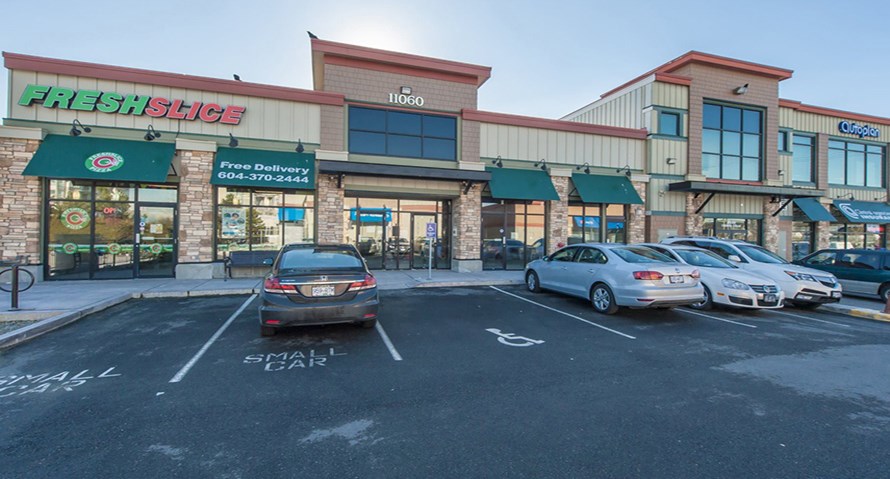In a region that is densifying and developing as quickly as Vancouver and its surrounding municipalities, it can be easy for property owners to become swept up in the breakneck appreciation of their properties over the short term. In the immortal words of Bob Dylan, “the times they are a changin’”. New vacancy tax levies, increased property taxes, regulatory bottlenecks and rising interest rates all expose property owners to risk from numerous angles.
Given this turbulence, today is the ideal time for real estate investors to get back to basics and focus on methods of mitigating risk for the primary driver of value which is often overlooked in today’s economic climate: the property’s net operating income.
For investors in retail properties, at a fundamental level, lease wordings define the ability for property owners to recover costs from the tenants and in so doing defines the property’s net operating income.
For investors in retail properties, here are some tips for mitigating risk in your lease wordings.
First, ensure that what constitutes a recoverable and a non-recoverable expense are clearly defined. Of particular issue are cross-referencing and intentionally unclear definitions. In many cases the body of the lease wording can contradict the definitions exposing landlords to risk of the tenants challenging the annual recoveries and going to arbitration. Leases from national tenants are notorious for these problems. Spending a few thousand dollars on a quality lease which doesn’t have these issues can potentially save tens of thousands in arbitration costs and penalties down the road.
Secondly, don’t make the mistake of being painted into a corner when it comes to uncontrollable expenses. In addition to the big four: property taxes, utilities, insurance, and snow removal, any additional uncontrollable costs must be passed on to the tenant. Changes in minimum wage, safety authority regulations, dumping fees, recycling costs, and material costs are only some of the additional costs that are governed by authorities which are fully outside the control of the landlord and the tenant. Limiting the landlord’s ability to pass on these costs through caps on annual expense increases can severely impact the property’s net operating income. Imagine how owners of retail property in Ontario are feeling right now with the jump in minimum wage that just occurred. If expenses chargeable to their tenants are capped, they are likely feeling the pinch right now.
Redevelopment strategies
Finally, if there are plans to redevelop the property over the medium term, a strategy must be devised to ensure that the landlord’s flexibility to do so is not restricted by long term leases. For property owners with only a general eye for future redevelopment, the classic solution is including demolition clauses within the tenant’s leases and any renewal options. These are usually fought tooth and nail and so careful negotiation will be required for inclusion.
On the other hand, if a firm timeline is in place for a redevelopment then the ideal solution is to strategically arrange the tenant’s leases to expire all in the same year. This can take many years of effort to achieve, but can save tens if not hundreds of thousands of dollars in termination costs under demolition clause provisions. If the plan is to sell the property to a developer then the value of the cost savings through the arrangement of lease expiries will certainly play to the advantage of the vendor.
Many seemingly small amendments to lease forms can result in significant risk to the property’s net operating income and future resale value. Work in tandem with your expert legal counsel and property management team to ensure these risks are adequately controlled.
Whether the rising tide of the market slows or a curve ball comes out of left field, property owners who have controlled these risks will be able to rest easier knowing that the property’s income is well protected.
Next: Save on contamination land cleanup
Previous: Alberta rebound



